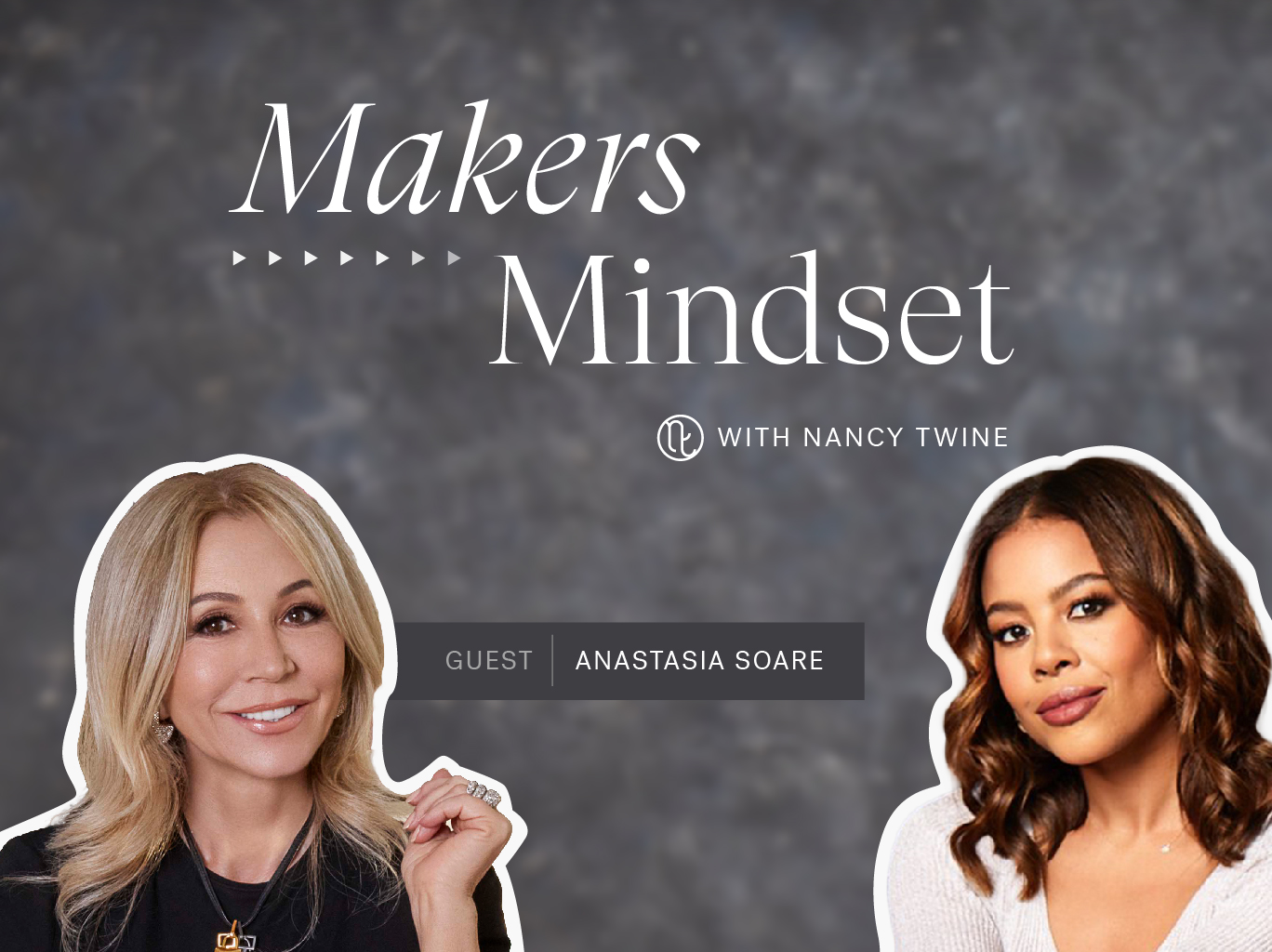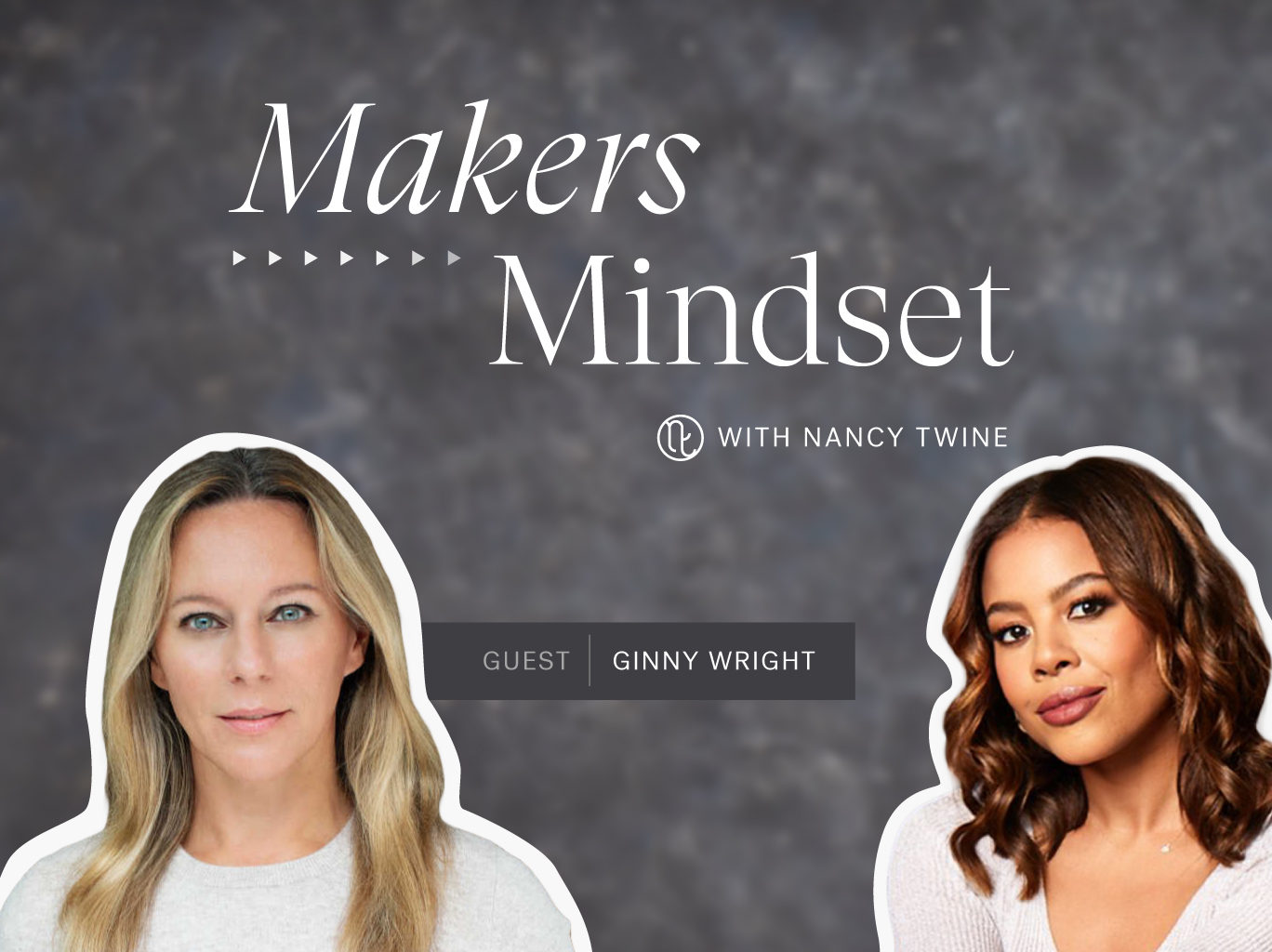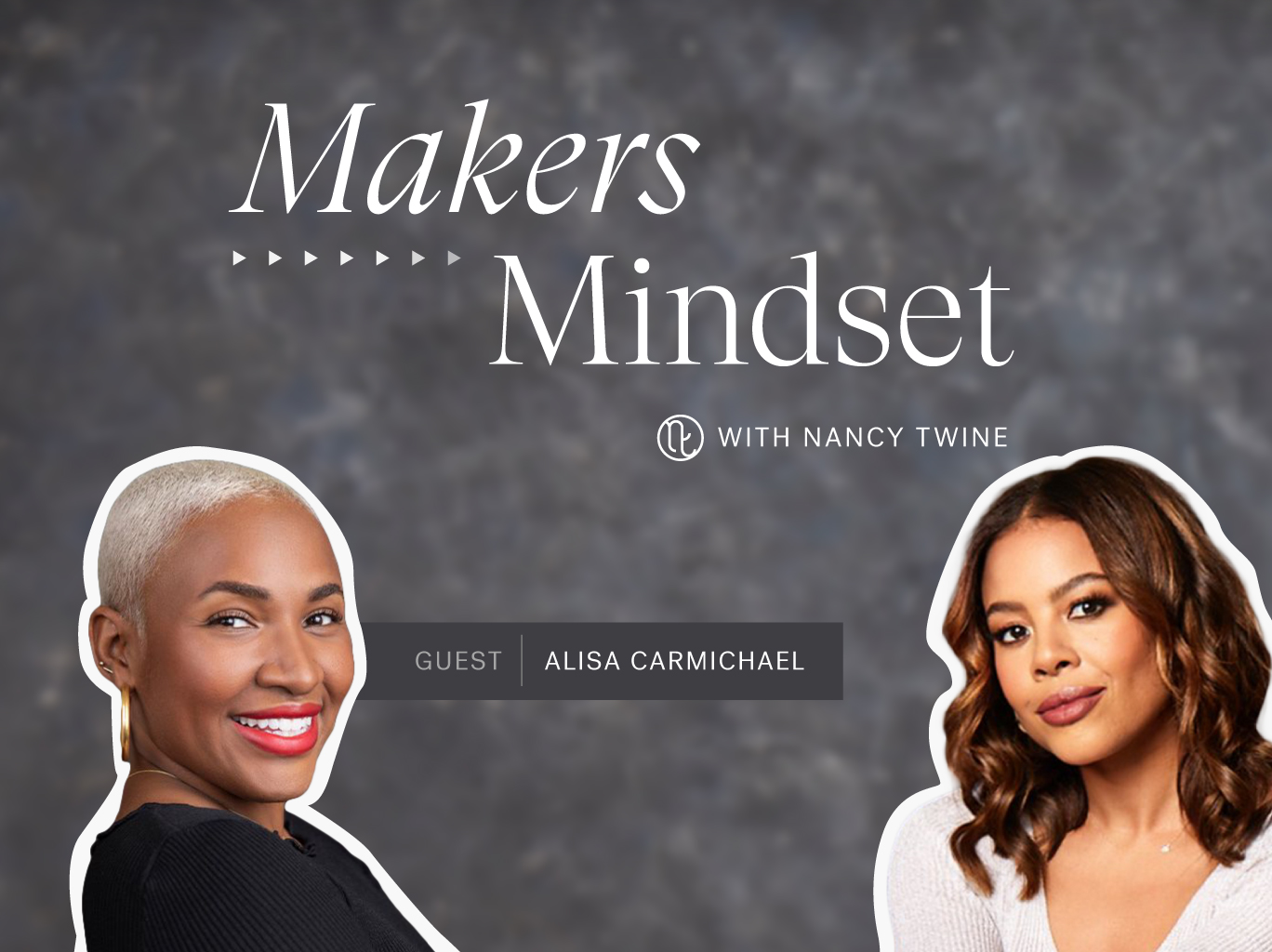When Union soldiers arrived at the edge of Galveston, Texas, on June 19, 1865, two years had passed since the Emancipation Proclamation. Yet, over 250,000 Black people remained enslaved and uninformed across the South. On that faithful day, the last enslaved persons received their rightful freedom by executive decree.
We’ve come to know this day as Juneteenth. Although widely excluded from textbooks and history lessons, Juneteenth — also known as Freedom Day — has been observed for over a century. Struggle and subjugation often shadow the Black community, but Juneteenth is not a day of rumination and suffering. It’s a day marked by the unwavering spirit of camaraderie and freedom.
Growing into entrepreneurial success deepened my understanding of my responsibility for this freedom. That responsibility includes defining freedom in a world of inequality. Freedom isn’t necessarily the absence of oppression but the determination to persist beyond it.
“Freedom is not a state; it is an act. It is not some enchanted garden perched high on a distant plateau where we can finally sit down and rest. Freedom is the continuous action we all must take, and each generation must do its part to create an even more fair, more just society.” – John Lewis
What Juneteenth Means for My Entrepreneurship
When I launched Briogeo, I exercised my freedom as an entrepreneur and a leader. High performing, clean and sustainable hair care for every hair type was the ethos that propelled the company to success. Despite building a brand premise on texture-inclusivity, my position as Founder & CEO was sometimes the root of misconceptions. Because of my presence in the role, people sometimes thought Briogeo was only for Black women or textured hair. By developing inclusive formulas, Briogeo was disrupting a myth and unspoken rule about hair care and Black creators. I exercised my freedom to move beyond what others saw as a barrier and helped to normalize what I personally believe should be standard practice.
My team and I grew Briogeo beyond expectations but oftentimes I tucked myself behind its accomplishments. Building a business was a “head down” operation for me. Like many entrepreneurs, I focused on every detail of the company’s growth: Brainstorming new ideas, revisiting old ones, testing formulas, seeking investors, and hiring support. I wrapped myself up in the daily grind. However, for me, Juneteenth ignites a particular calling: To leverage my unique story and experience as a catalyst for others.
Juneteenth Inspires Me to Lead with Action
Success as an entrepreneur is rare. Within the first 10 years, 65% of businesses fail, according to the Bureau of Labor Statistics. The odds are further stacked against Black businesses when we consider that Black entrepreneurs received less than 2% of all venture capital funding in 2022, while Black women-led companies received less than 1%. Despite the surge in support for Black-owned brands in 2021, funding is dismal and dwindling following the George Floyd protests, keeping many entrepreneurs within the margins.
As I think through the ways I’ve been inspired to lead with action, paying it forward through mentorship is something I’ve always been passionate about. Mentorship allows me to share my perspectives and learnings to help others avoid the pitfalls I’ve made on my journey and to help normalize the unique challenges founders of color face when building something great.
In 2022, I made the decision to sell Briogeo to Wella Company to support the brand’s future growth and infrastructure. I recognize that selling your company as a Black founder can be controversial. Going from a Black-owned brand to a corporate-owned business may be viewed as losing power or presence, but for me, that view is far from the truth. Briogeo will always be Black founded (that fact alone sets precedence) and it’s in my power to determine how my impact can expand post-acquisition.
Since the acquisition, I have been investing in more Black-owned businesses to help bridge the financing gap for Black entrepreneurs. Investing in budding and scaling businesses backed by minority owners levels the playing field for advancement.
My desire to be a catalyst for others recently inspired a new vision — NancyTwine.com. This entrepreneur-focused content platform is where I offer advice and perspective to budding entrepreneurs seeking mentorship and guidance on their journey. I openly explore my vision for a self-sustaining ecosystem of inspiration for others seeking a familiar face and much-needed support. It’s not a new me, but a new way I show up. My concerted effort to be more public and express my humanity is something that hasn’t been historically afforded to those with mirrored ancestry. Bringing more visibility to who I am — my story, lessons, and ongoing learnings — lets me be more of the “seeing” necessary for believing.
Juneteenth is a stunning display of collective power and triumph but a necessary reminder of our challenges. So much has changed since 1865, but so much is left to do. Change is possible the more visible the need for it becomes. This is why representation matters and why we must unite to build a more equitable future. While I aim to broaden my impact over time, I’m only one person. Change ultimately comes down to collective effort. No matter how we identify, we must invest in the freedom we often celebrate.
Juneteenth Means Long-Term Reflection and Action
As leaders and entrepreneurs, it is within our power and obligation to maximize the freedoms of the most marginalized, and there are a few ways we can all start to do our part:
1. Create opportunities for intentionality
Actions and words speak loudest when combined. Foster a culture of observance. Instead of treating Juneteenth as another day off, encourage your communities and team(s) to turn their empathy on. Suggest required readings, events, and dialogue that generate new ideas or remind us of old ones. At Briogeo, we’ve created a learning and resource guide for our employees to assist our team in observing the day intentionally.
2. Make informed investments
Beyond my commitment to investing in Black-owned brands, I also invest in funds for up-and-coming businesses. Before I do, I ask two essential questions: What is the diversity of the portfolio management team, and what is the diversity of who they invest in? Ensuring you are supporting the most marginalized will help address the disparities of wealth seen in our world. Taking a brief moment to ask specific questions and receive reporting can let you make a more informed, equitable impact.
3. Exercise your own freedom
Freedom is permission to dream beyond what we’ve been told is possible. If we exercise this freedom to exceed limitations, we can contribute to improving our world.
Taking accountability, volunteering, donating, or simply acknowledging issues will take us further. One person inspiring another creates a healing domino effect. Your voice, time, and visibility create a more just future for all of us. Collectively, we can reimagine what’s possible to become a better force. I am exercising my freedom to pave the way forward for marginalized groups, taking my passion for entrepreneurship and investing in the potential of others. How will you utilize your freedom to be in service of others?
The journey has never been easy, but it has always been worth it. Let Juneteenth be a day of recommitment to the dreams of those who came before you and a promise to those who will lead hereafter.
Get grant opportunities, exclusive invites, tools, and entrepreneurial inspiration in your inbox once a month. Sign up for the Makers Mindset newsletter.




